From Adanna Nnamani, Abuja
Despite recent economic reforms that have boosted government revenues, about 139 million Nigerians are still living in poverty, the World Bank has said.
Country Director of the Bank in Nigeria, Mathew Verghis, disclosed this at the launch of the Nigeria Development Update (NDU) in Abuja yesterday.
Verghis said although the economy has recorded significant stabilization gains, including improved revenues, rising reserves and easing inflation, most households are yet to feel the impact.
“Nigeria’s economic growth has picked up, revenues are rising, debt indicators are improving, the foreign exchange market is stabilizing, reserves are rising, and inflation is beginning to ease.
“These are big achievements. However, despite these stabilization gains, many Nigerians are still struggling. In 2025, we estimate that 139 million Nigerians live in poverty,” he said.
He noted that poverty levels, which began to rise in 2019 due to policy missteps and external shocks such as COVID-19, have continued to increase even after the recent reforms.
Verghis stressed that to improve living standards, Nigeria must reduce inflation, especially food inflation, ensure efficient use of public resources, and expand social safety nets to cushion the poor and vulnerable.
“Food inflation affects everybody but particularly the poor and has the potential to undermine political support for the reforms,” he added.
Presenting an overview of the report titled “From Policy to People: Bringing the Reform Gains Home,” the World Bank’s Lead Economist for Nigeria, Samer Matta, said gross revenues from federation allocations have risen sharply in the last eight months.
However, he decried the huge deductions made by revenue-collecting agencies, noting that such outflows reduce the developmental impact of government spending.
Matta described the economic outlook as cautiously optimistic, driven by steady growth, easing inflation, fiscal stability, and a stronger external position despite ongoing risks.
According to the report, Nigeria’s GDP growth is projected to rise modestly to 4.4 percent by 2027, supported by stronger services, a rebound in agriculture, and improved industrial activity. Inflation is expected to ease to 15.8 percentby 2027, while the fiscal deficit is forecast to average 2.7 percent of GDP between 2026 and 2027, aided by higher tax revenues and lower interest payments.
The report also showed that both federal and subnational governments have increased spending, with state-level capital expenditure rising from about 1 percent of GDP in 2022 to 2.7 percent projected in 2025.
However, it noted that wages and salaries account for about 70 percent of federal government spending, leaving limited room for infrastructure investment.
It cautioned that the economic outlook remains exposed to risks, including oil price volatility, reform fatigue, election uncertainties, and climate shocks.



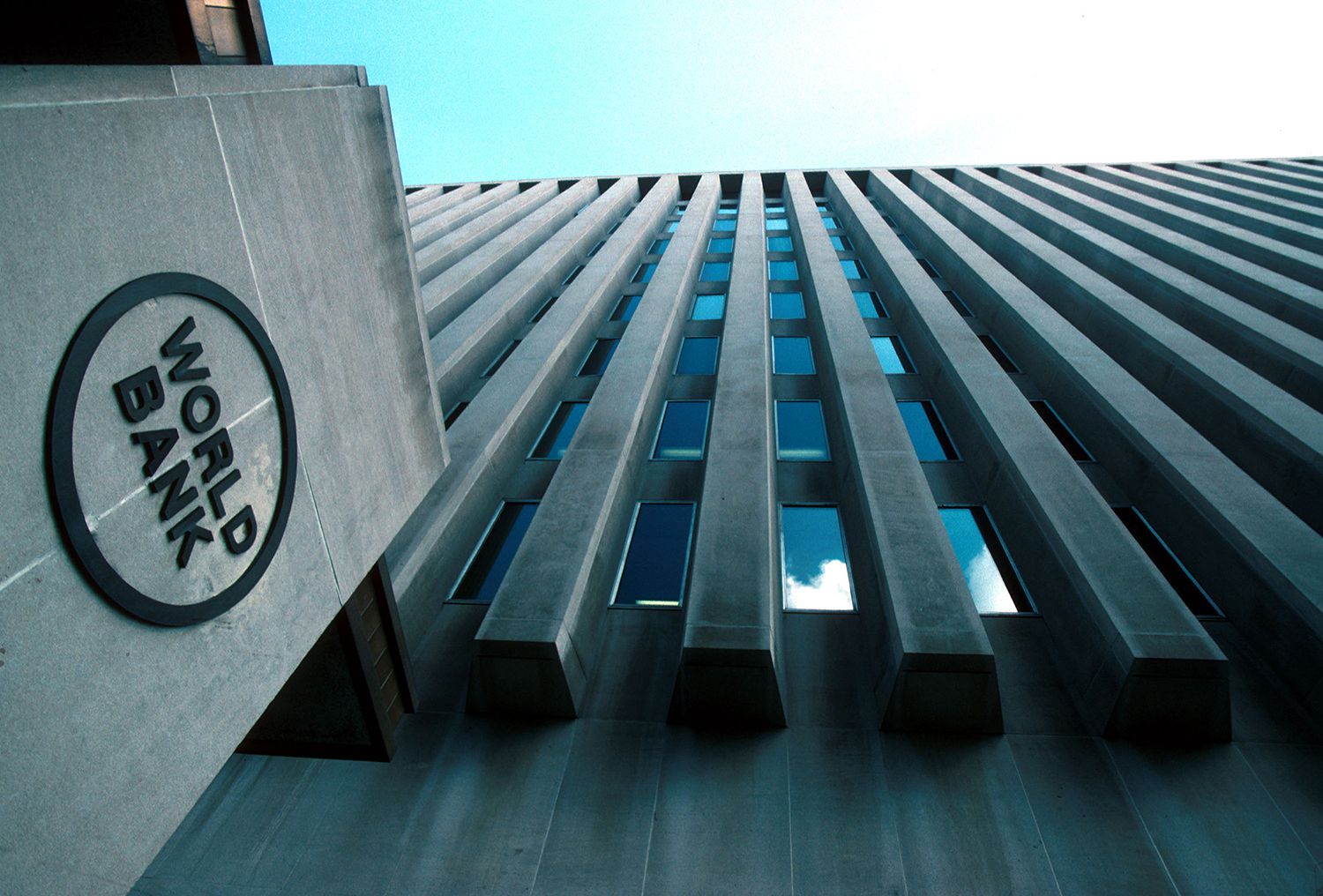



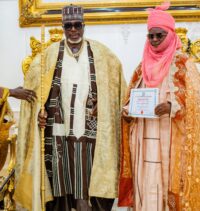

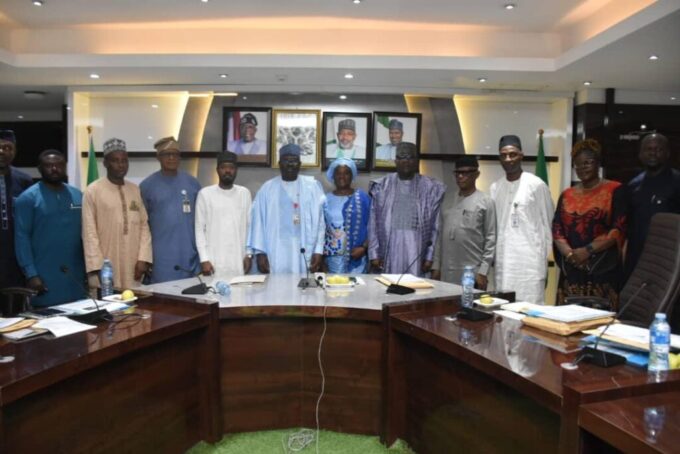
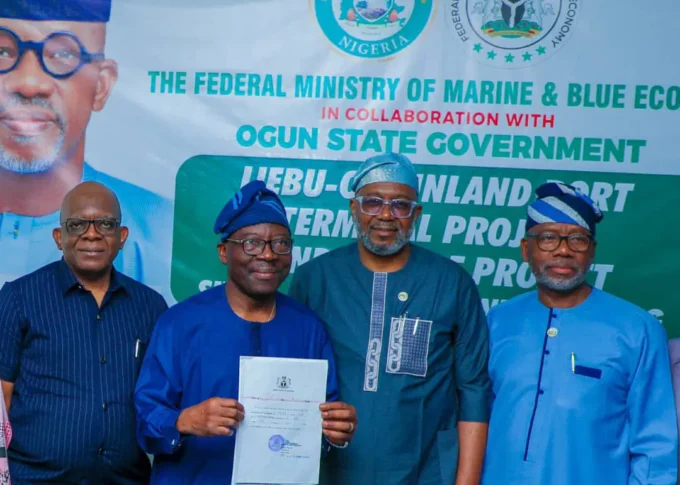
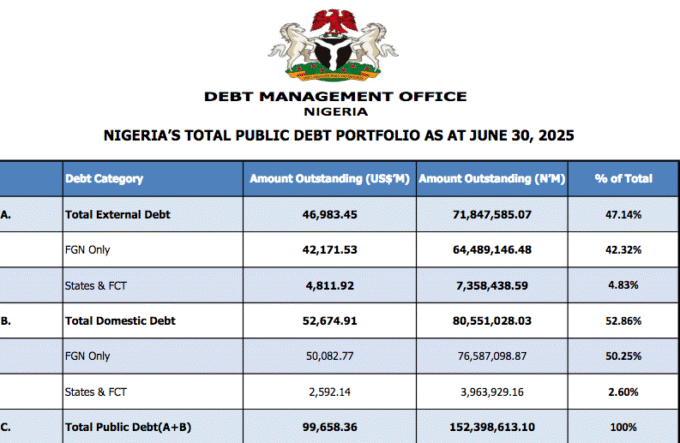





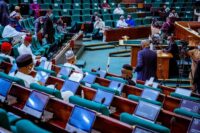
Leave a comment